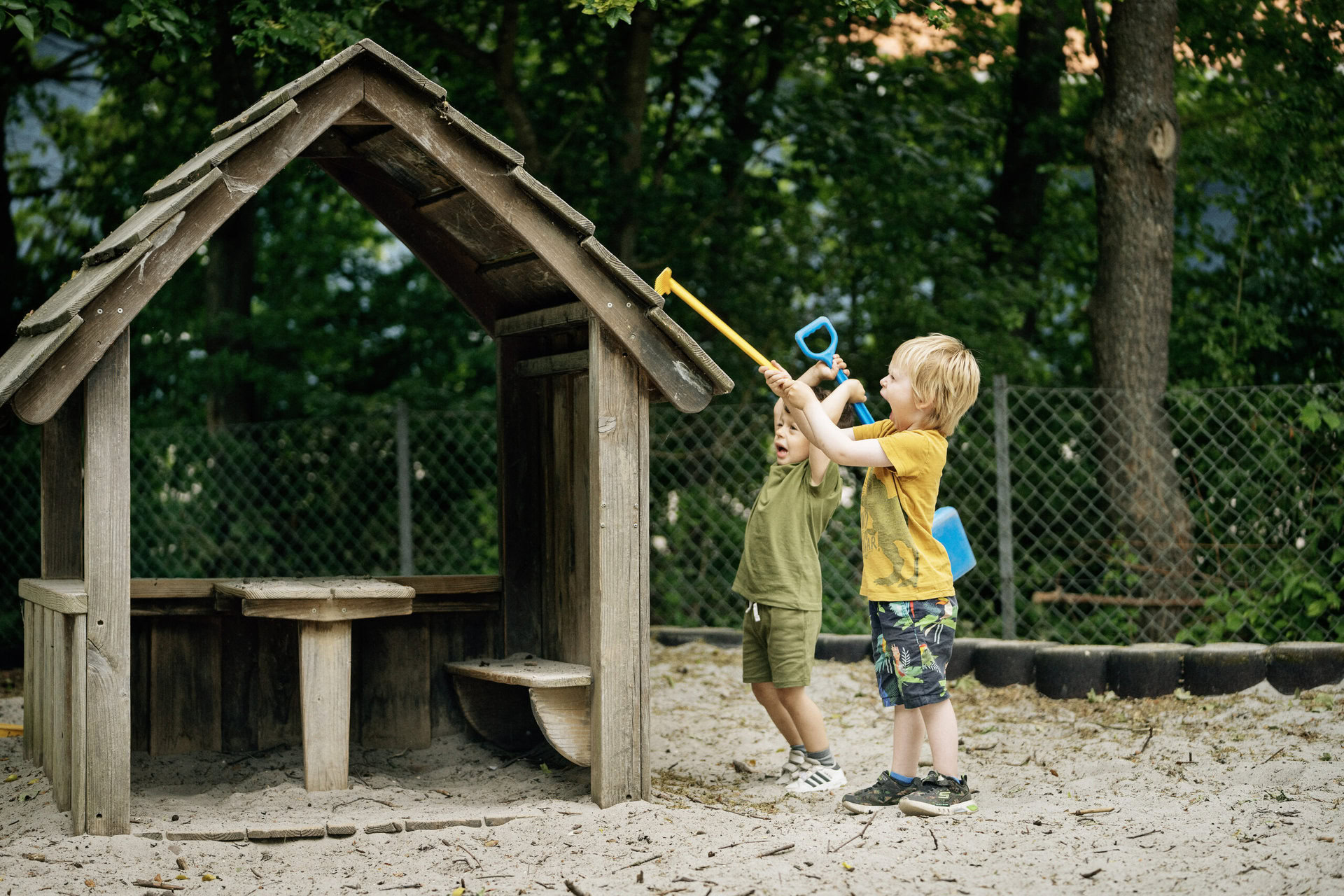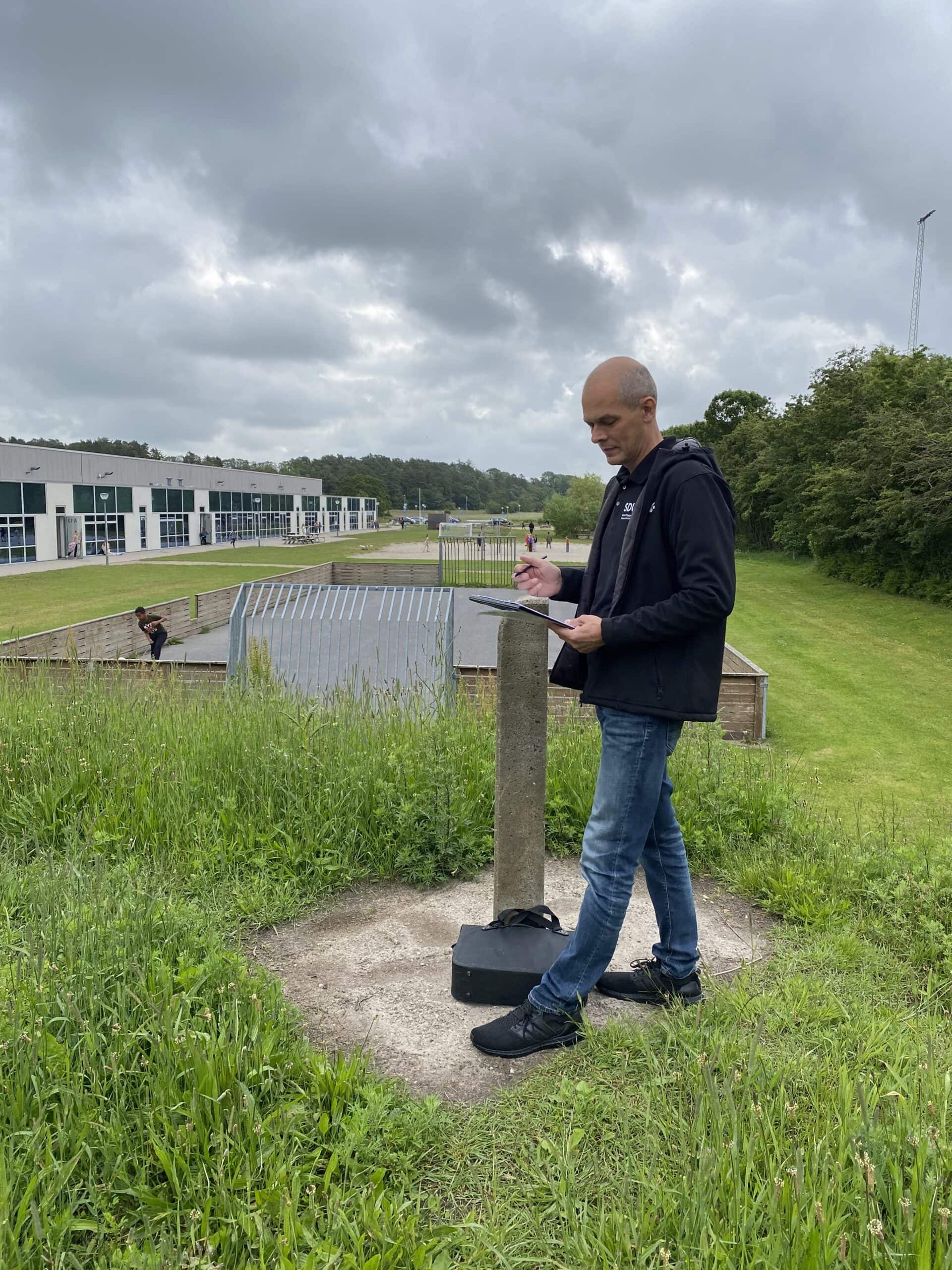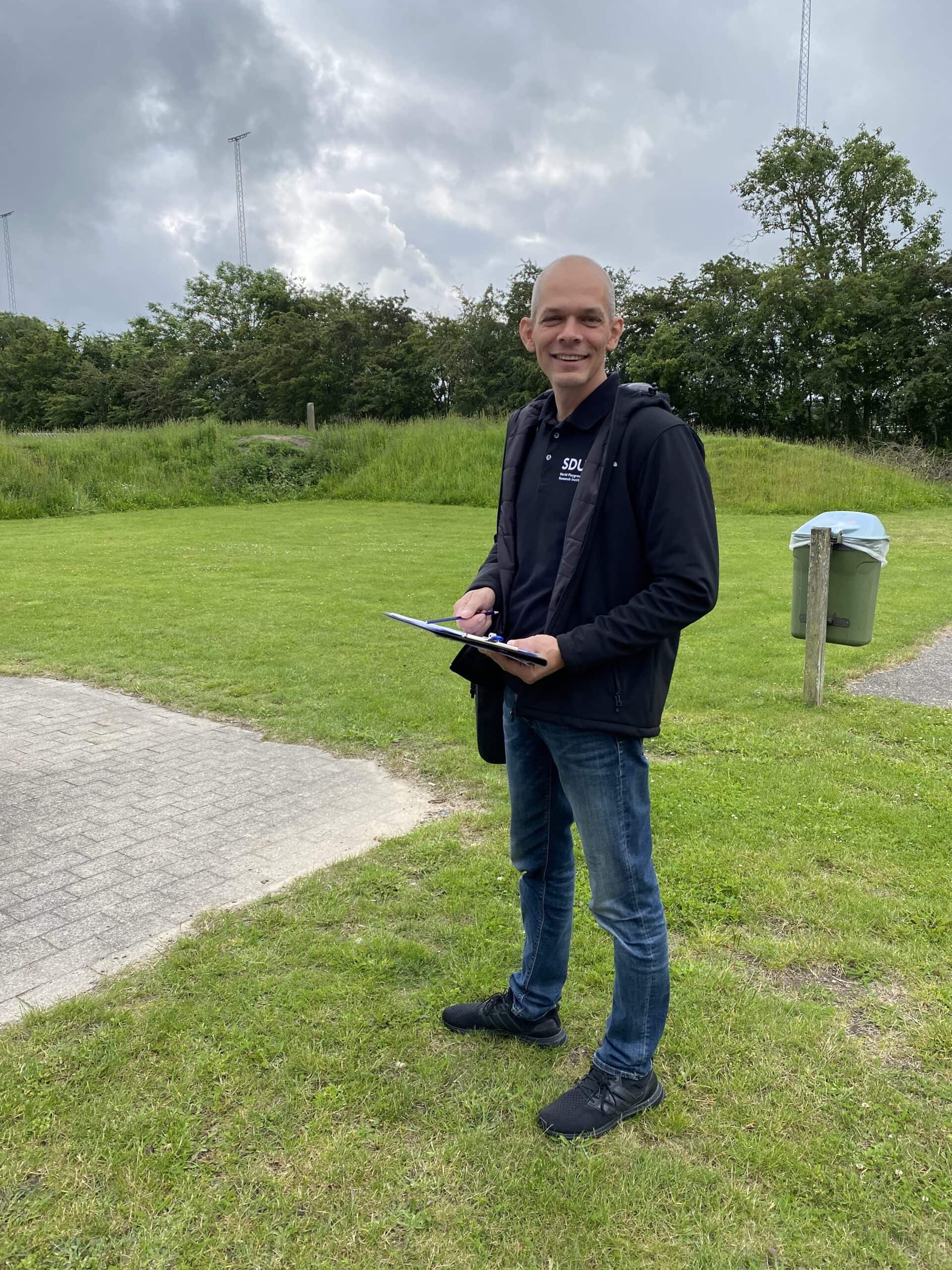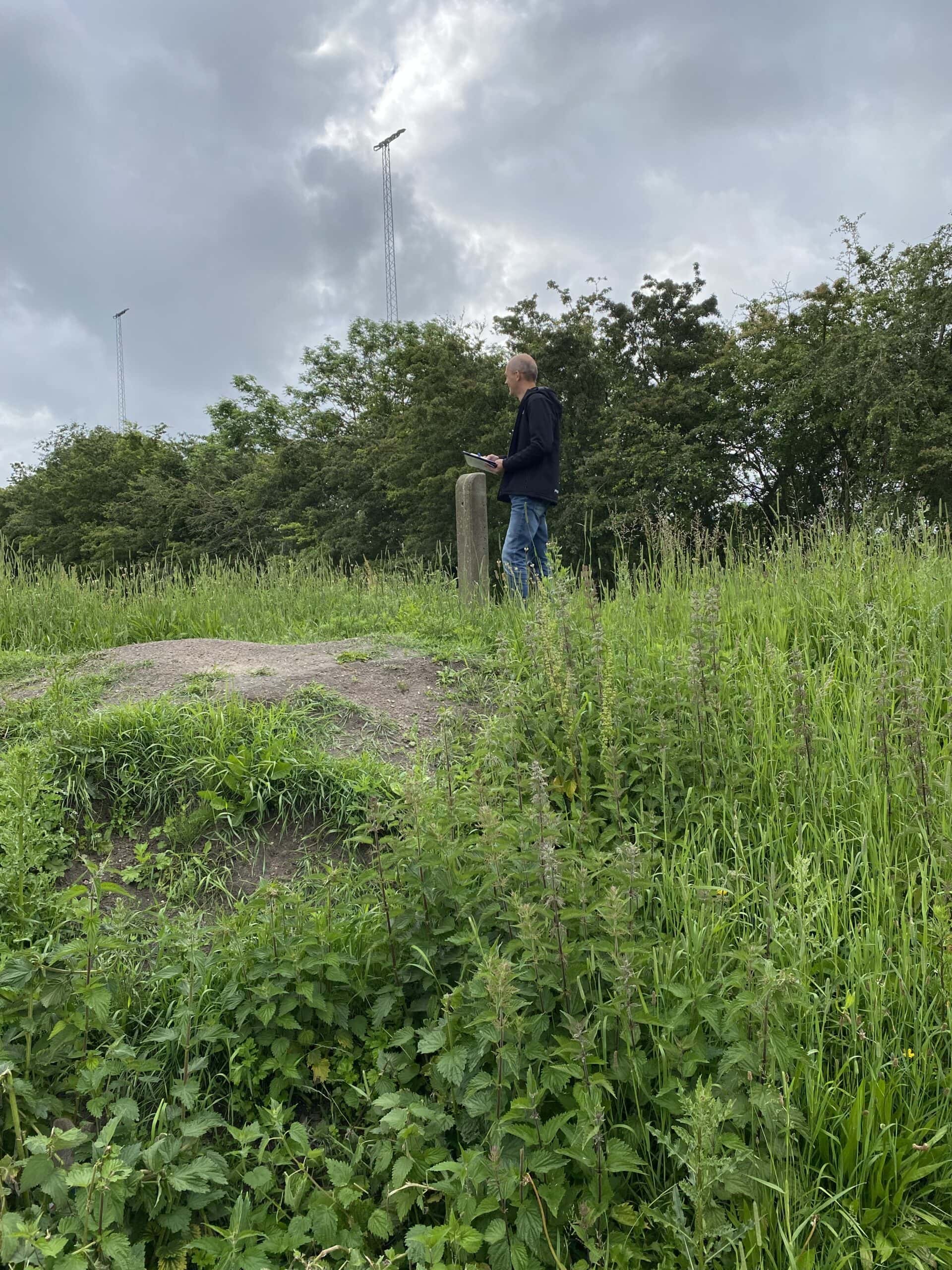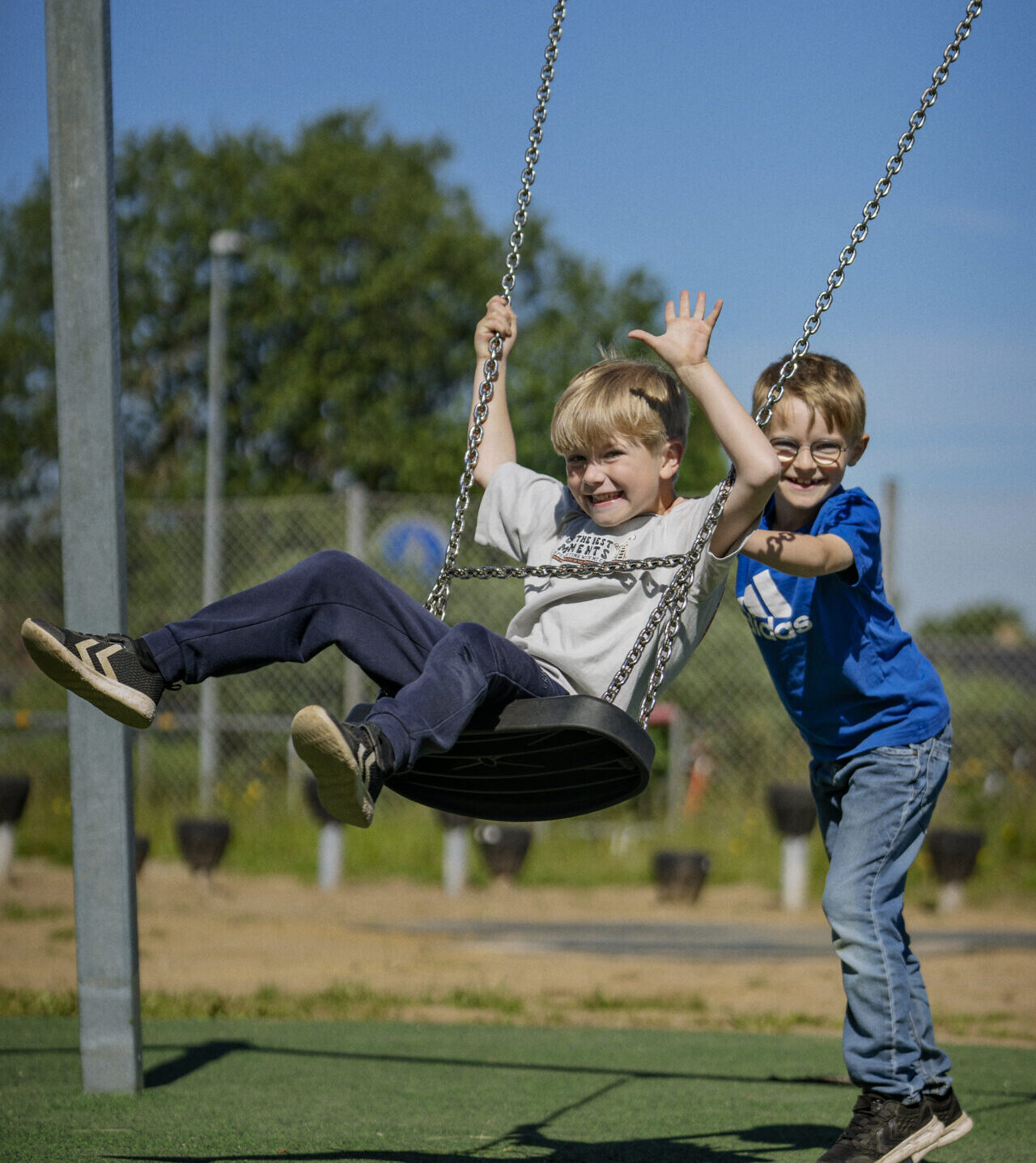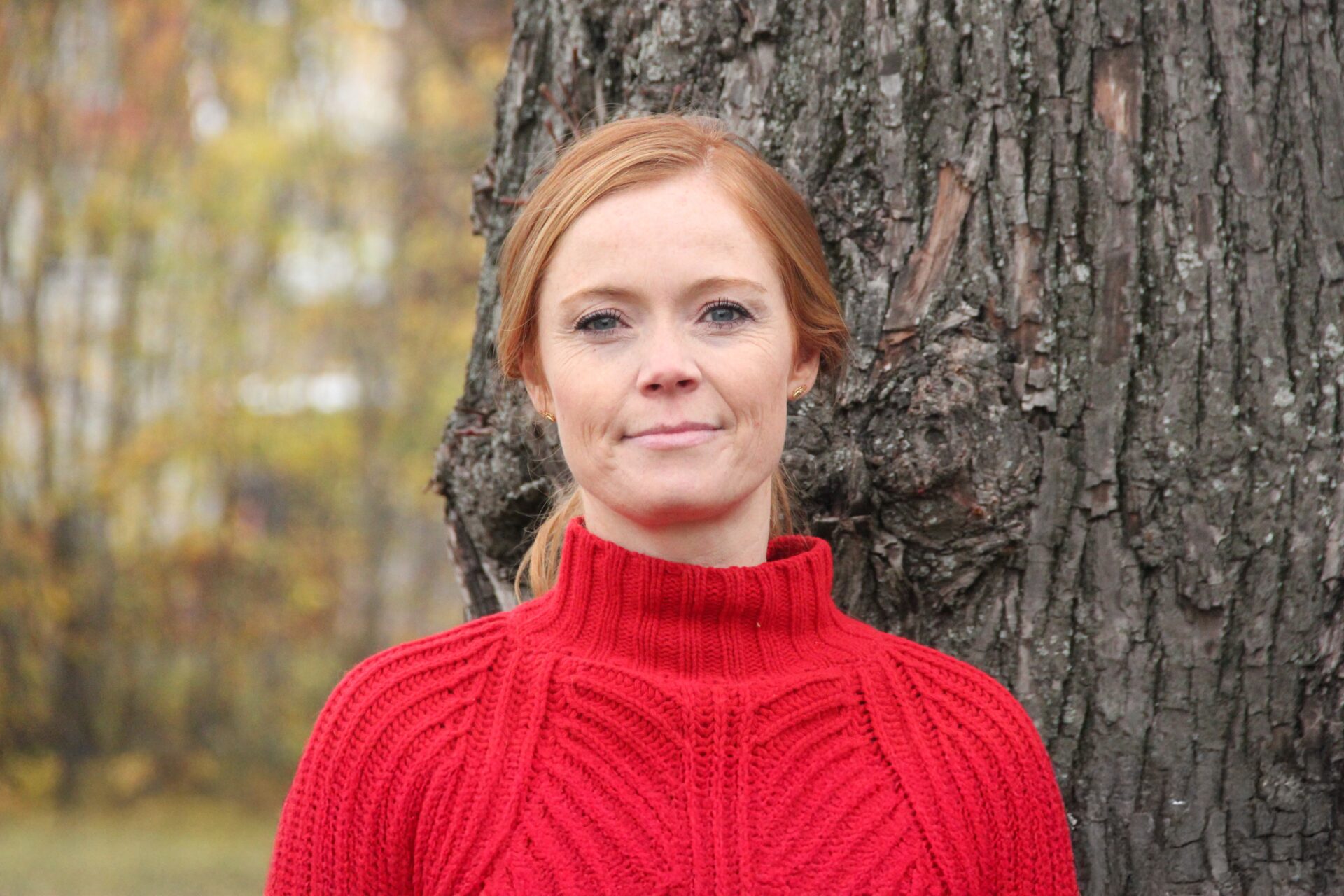On June 11, 2024, we celebrated the first-ever International Day of Play. This global event highlights the urgent need to put play back on the agenda and to join forces to provide more, safe, inclusive, and high-quality play spaces for children to play.
Children Spend Less Time Playing Outdoors
Today’s children spend significantly less time playing outdoors compared to previous generations (1, 2, 3). In the UK, for instance, children now engage in 50% less unstructured outdoor activities, with only 27% playing outside regularly (4). Equally alarming, recent findings from a UK-study highlight that 31% of children under the age of nine do not have a playground near their homes (5).
This reduction in outdoor play is highly concerning, because unstructured play enhances physical health through movement, develops social skills through peer interaction, and fosters creativity and problem-solving abilities, as children explore and engage with their surroundings (6, 7). Additionally, outdoor play boosts mental health among children and youth (8).
What are the Reasons for the Decline?
Several factors contribute to the decrease in outdoor play, including:
- Increased screen time
- Parental safety concerns
- Rising car traffic
- Limited outdoor playtime in schools and childcare settings
- Schoolyards closed after hours for safety reasons (9)
- Poorly maintained or closed public playgrounds, creating ‘play deserts’ in many areas (10).
What does it Take to Increase Outdoor Play?
To counteract this decline and enhance outdoor play opportunities, everyone from parents to policymakers needs to consider the following actions:
- Visit playgrounds: Take children to playgrounds or other good places to play, they can’t get there on their own.
- Focus on active outdoor play in Early Childhood Education and Care: Encourage outdoor play in early childhood to ensure that young children have ample opportunities for free outdoor play.
- Mandated outdoor recess: Require schools to prioritize outdoor recess and ensure it includes time for unstructured play, on schoolyards that provide attractive opportunity for free play.
- Open schoolyards after hours: Make schoolyards available for neighborhood children outside school hours.
- Invest in public playgrounds: Ensure playgrounds are safe, well-maintained, and accessible to all children.
- Support temporary play initiatives: Implement temporary play streets or events in areas lacking play spaces.
- Create safe residential streets: Prioritize pedestrian safety to allow children to play freely in their neighborhoods.
Who can Help?
Everyone has a role to play in this mission. Parents, politicians, interest groups and organizations, and researchers need to work together to promote outdoor play. Several international organizations and foundations are already aiming to promote and facilitate outdoor play, in particular the partnership behind the International Day of Play. The International Day of Play, led by the LEGO Foundation, the LEGO Group, and a global network of organizations exemplifies such collaborative efforts.
At the World Playground Research Institute, we are also ready to support this cause by providing valuable research and advocacy for more and better play spaces – for all children!
Time to Go Out and Play!
It is time to go out and play, work together, and enhance outdoor play opportunities. Let’s ensure all children have the spaces they need to grow, learn, and thrive.
During this week, a team of researchers from the World Playground Research Institute has been exploring playgrounds in schoolyards across Denmark, collecting valuable data on outdoor play. The images show our head of centre, Jasper Schipperijn, engaging in systematic observations during recess.

